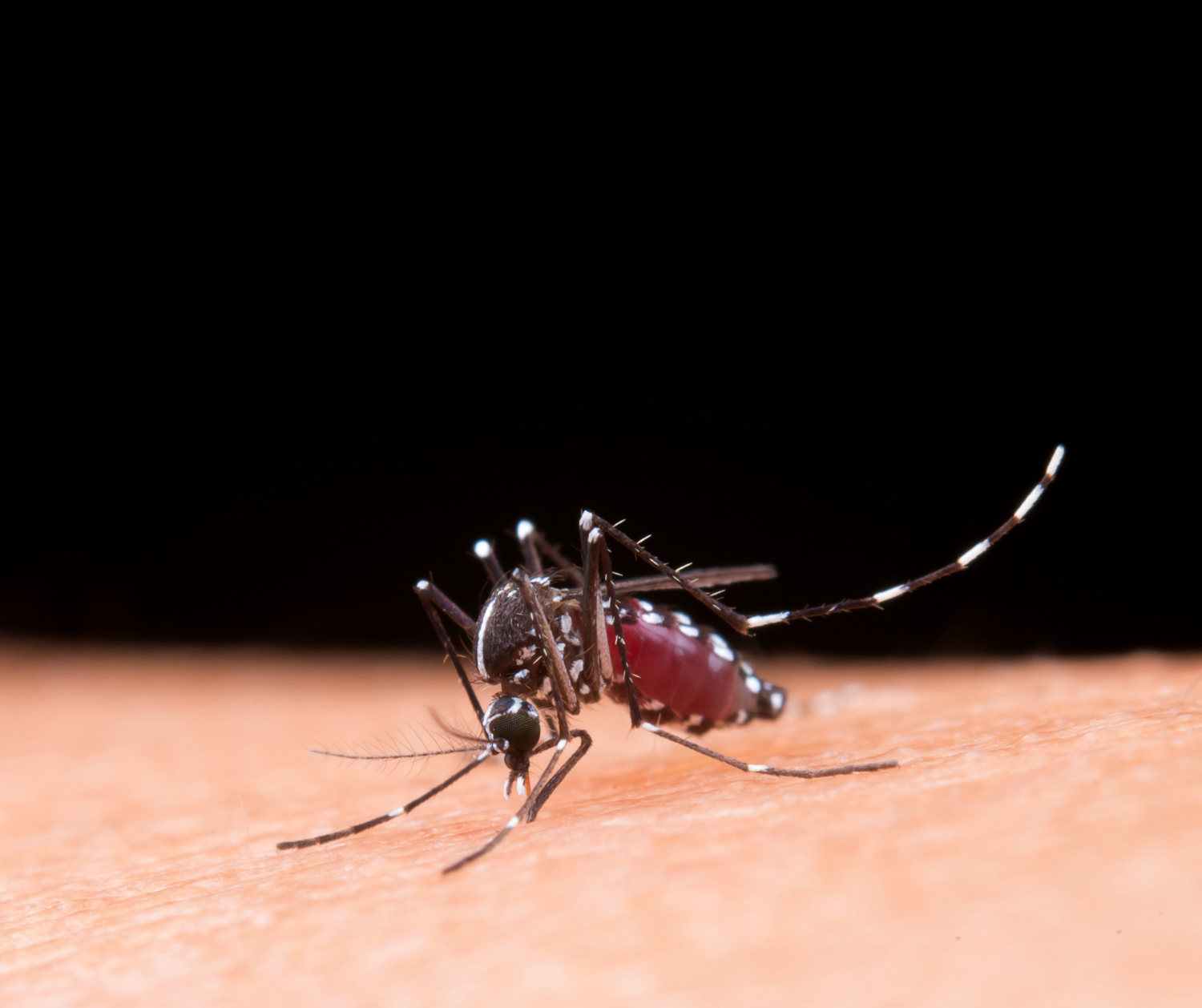
The “God's Own Country," is currently grappling with an alarming surge in dengue cases. As the monsoon rains create ideal breeding grounds for mosquitoes, the threat of dengue fever looms large, making it imperative for the public to be aware of the symptoms and the importance of early diagnosis.
The Rise in Dengue Cases
Dengue fever, caused by the dengue virus and transmitted through the bite of an Aedes mosquito, has seen a sharp rise in Kerala, especially during the monsoon season. The state's tropical climate, coupled with stagnant water pools left by the rains, provides a perfect environment for mosquito breeding. This has led to an increase in dengue cases, putting a strain on healthcare facilities and raising concerns among the public.
Understanding Dengue Symptoms
Dengue presents a range of symptoms that can vary in severity. In its mild form, dengue can resemble a flu-like illness, but it can escalate to severe dengue, also known as dengue hemorrhagic fever, which can be life-threatening. Early symptoms of dengue include:
- High Fever: Sudden onset of high fever, often exceeding 104°F.
- Severe Headache: Intense pain behind the eyes is a common symptom.
- Joint and Muscle Pain: Severe pain in the muscles and joints, often referred to as "breakbone fever."
- Rash: A characteristic rash may appear a few days after the fever starts.
- Nausea and Vomiting: Many patients experience nausea, vomiting, and loss of appetite.
- Fatigue: Extreme fatigue and weakness can persist for weeks after the fever subsides.
The Importance of Early Diagnosis
Early diagnosis of dengue is crucial to manage the disease effectively and prevent complications. Delayed diagnosis can lead to severe dengue, which is characterised by plasma leakage, severe bleeding, and organ impairment. These complications can be fatal if not treated promptly.
Healthcare professionals emphasise the importance of seeking medical attention as soon as symptoms appear. Early diagnosis not only helps in managing the symptoms but also reduces the risk of spreading the virus to others.
The Role of Diagnostic Tests
Diagnostic tests play a vital role in confirming dengue infection and assessing its severity. Several tests are commonly used to diagnose dengue:
NS1 Antigen Test: The NS1 antigen test is one of the earliest tests used to detect dengue infection. It can identify the presence of the virus in the blood within the first three days of infection.
Dengue IgM and IgG Antibody Tests: These tests detect antibodies produced by the body in response to dengue infection. IgM antibodies appear early in the infection, while IgG antibodies appear later. These tests help determine whether the infection is recent or has occurred in the past.
Complete Blood Count (CBC): A CBC is often performed to monitor the patient's platelet count and hematocrit levels. Dengue can cause a drop in platelet count, leading to an increased risk of bleeding, which is why monitoring these levels is critical.
Polymerase Chain Reaction (PCR) Test: PCR is a molecular test that can detect the genetic material of the dengue virus. The test result takes some time but it is a highly accurate test that can identify the specific dengue virus serotype.
Conclusion
As Kerala faces a rise in dengue cases, the importance of early diagnosis cannot be overstated. Recognizing the symptoms and seeking timely medical attention can make a significant difference in the management of the disease and the prevention of severe complications. By being vigilant and utilising diagnostic tests effectively, individuals can protect themselves and their communities from the potentially life-threatening consequences of dengue fever.

